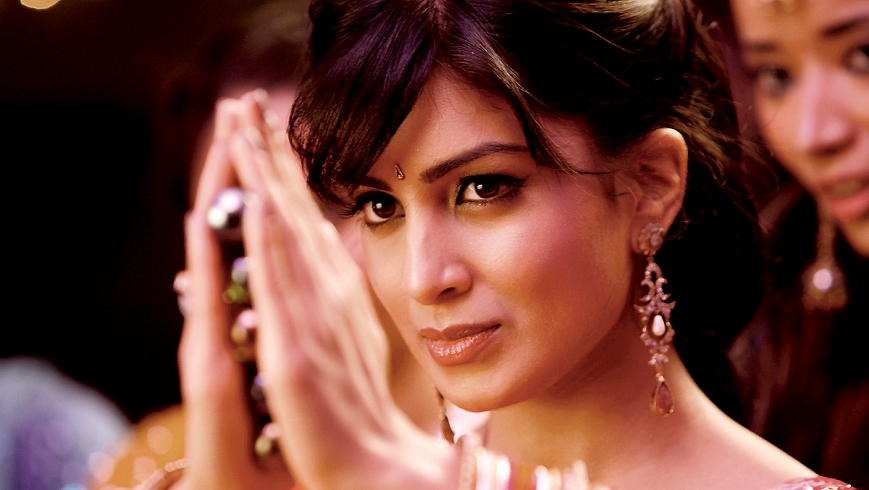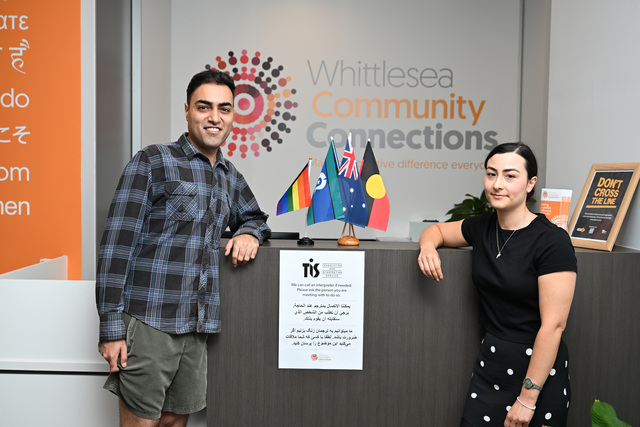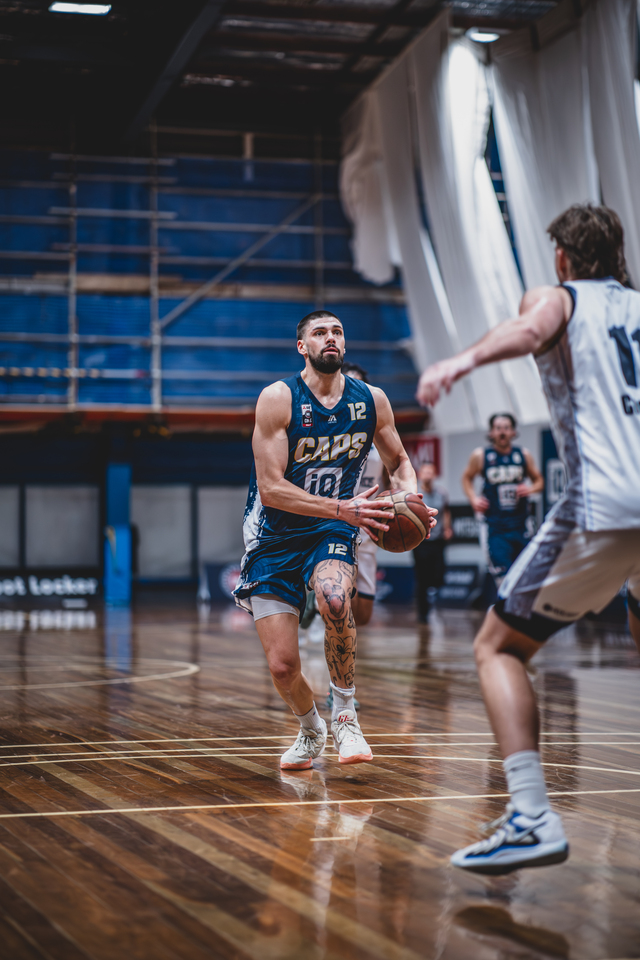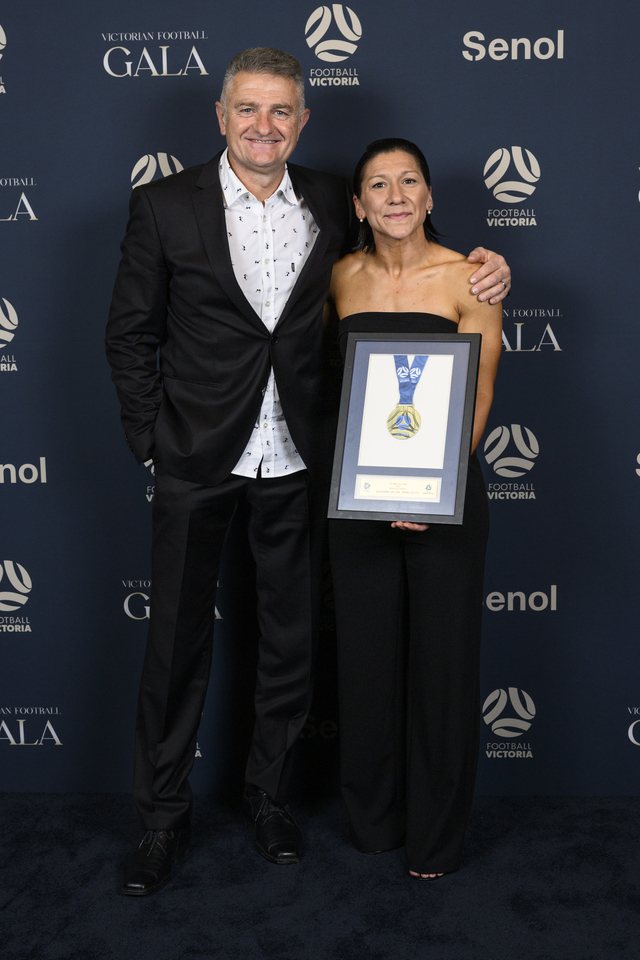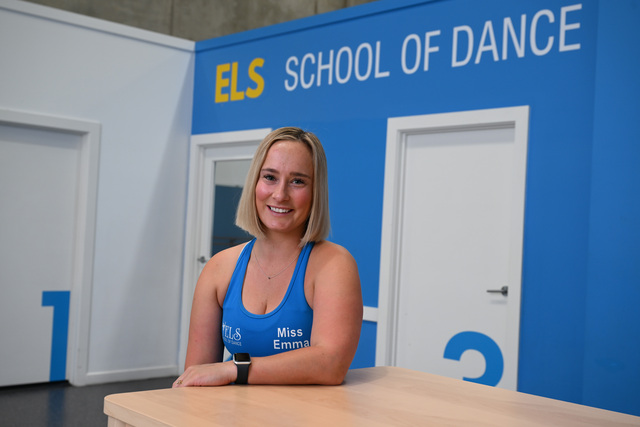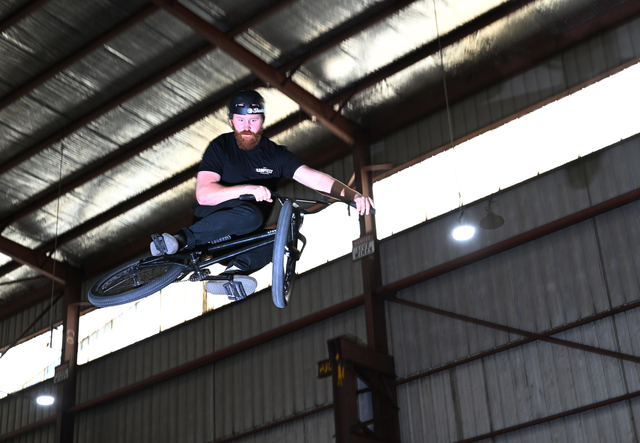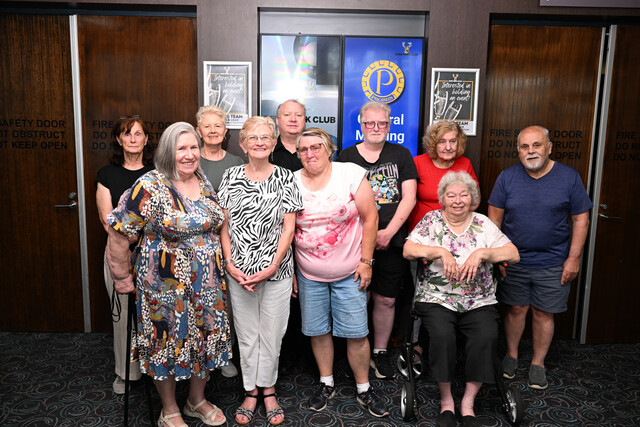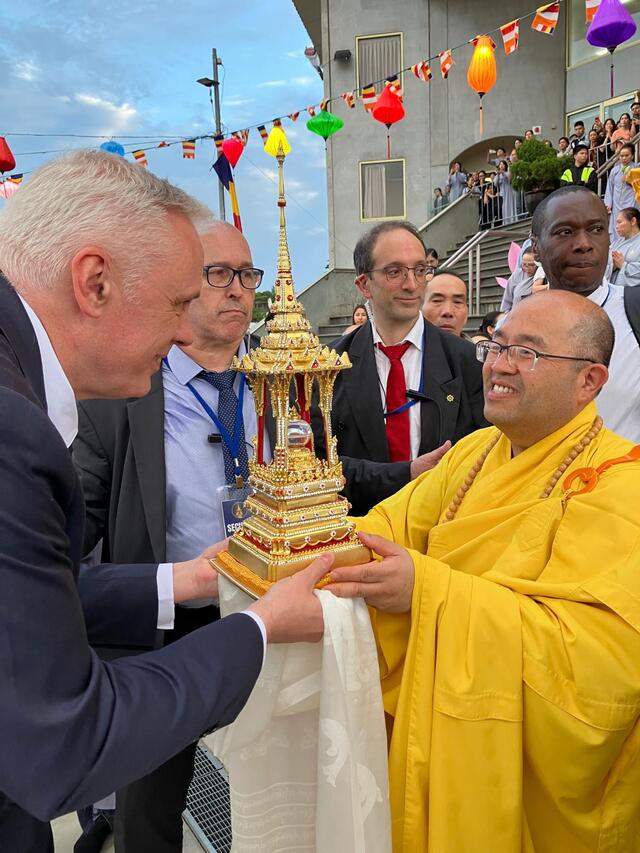It could be a script: beautiful young girl chafes against the academic expectations of her high-achieving parents and runs away to become a Bollywood star. In real life, though, Pallavi Sharda’s story lacks dramatic tension or any aspect of dumb chance, both of which characterise the typical Hindi film plot.
More significantly, there is no swashbuckling hero and no fairy godfather. The girl from Melbourne is responsible for the ascendency of her own star.
PICTURE GALLERY: Pallavi Sharda
From early childhood, Sharda imagined herself in Bollywood so she studied and mimicked lead actors such as Madhuri Dixit.
“She would watch these old videos we used to bring from India in the ’80s and ’90s until they would run no more,” says her mother, Professor Hema Sharda.
A particular favourite – released when Sharda was six – was the all-time blockbuster Hum Aapke Hain Koun, or Who Am I to You?
Fast forward almost 20 years and this is the very question the young actor finds herself addressing as the star of Besharam (Shameless) on the eve of its release on 3600 screens across India. “Who Is Pallavi Sharda?” demanded the faintly indignant headline in The Indian Express just days before the most widely anticipated film of the year opened in October.
It’s a story that begins in an outer north-western Melbourne suburb where a third of the residents, the Shardas among them, were born overseas.
Professors Hema and Nalin Sharda – with PhDs in micro-electronics and information technology respectively – moved to Australia in the early ’80s among a wave of highly skilled Indian migrants, shortly after the birth of son Ankur.
Making their home first in Perth, where Pallavi was born in 1988, the family moved to Melbourne when she was a toddler.
It was here that Sharda from the age of three began studying Bharatha Natyam, the classical Indian dance form. Her teachers recall that even at that age, she seemed to understand the value of application.
“I was a very simple kid,” Sharda says. “I used to walk to school and walk myself home. I would do my homework, clean the kitchen for mum so it was ready when she came in from work, and that is kind of how seven years of primary school went.
“It was very uneventful. I had my two best friends Bhav and Niyanta, who lived very close by who are still my two best friends. The only thing in my life was dance and performing at weekends.”
By the time she was a teenager, Sharda was well known in Melbourne’s Indian community, routinely performing at weddings and festivals.
Her parents, while proud, never considered this a career path, but by the time she packed her bags and left for Mumbai in 2008 Sharda had already achieved everything they could ask for academically.
An alumni of Essendon’s Lowther Hall Anglican Grammar School, Sharda made the school honour board for academic excellence when she graduated at just 15. At 16 she started on her double degree in law, media and communication at Melbourne University.
“I actually trained to be a broadcast journalist because I thought if I couldn’t be an actress that could be an option,’’ she says.
“Back then I thought the colour of my skin might be a hindrance – not because we live in a racist country necessarily, but Australia is a little bit further behind in terms of multicultural representation on the television compared to the UK or the US.
“I felt that as a performing artist I was very much cornered into that ethnic space.”
Sharda was 21 and on the verge of completing her degree when she decided to give her dream a shot.
“I got an early offer at a big law firm in Melbourne and had a law job booked and ready to go, but I still had this niggling ambition that I wanted to try out,” she says.
She finished her last two subjects by correspondence as research projects on Indian law and then turned all that academic discipline and intellect on one of the world’s biggest and most competitive film industries.
From a walk-on part in My Name is Khan to a critically acclaimed part in the comedy drama Dus Tola and the Indo-American film Walkaway, followed by a lead role in the stage musical Taj Express, the Australian film Save Your Legs and winning the title of Miss India Australia along the way, Sharda built her profile.
It sounds easy, but it’s said 1000 people a day arrive in Mumbai with aspirations of becoming an actor.
“Bollywood is based on close family connections and if you are not from the industry, if you don’t have relatives in it, people are quite sceptical of you to begin with,” Sharda says.
The cast of Besharam is a good example of the Bollywood family at work. Sharda’s co-star Ranbir Kapoor is the son of actors Rishi Kapoor and Neetu Singh, both of whom also star in the movie.
Landing the role of Besharam to become “the first-ever Australian to be a fully fledged lead heroine in a Bollywood film”, Sharda managed to impress even her mother who was at her side at the glittering premiere.
“I was the first one to say she will go there, waste her time and come back,” Professor Sharda admits.
“I wanted to pull Pallavi out from all this last year and say, ‘Come on girl, get going with your life’ because while she was getting busy and getting roles, it was not meaningful, in my opinion. But she has proved us wrong.”
Having worked so single-mindedly towards her goal, it is still something of a shock to have achieved it.
“There was a point when I was shooting Besharam and I was in the middle of a green field with 500 background dancers behind me doing synchronised steps when I thought, wow, this is really big,’’ Sharda says.
“It was like Moomba was created just for our film and it was being shot amid that.”
Sharda is filming Bambai Fairytale, a 19th century biopic on Shivkar Talpade, a scientist reputed to have built and flown India’s first unmanned airplane in 1895.
“Now this is where it gets interesting,” Sharda says. “The roles are more fulfilling and I am not having to grab all the work I am getting offered. I can be more choosy. For now, I just want to experience this, but there are definitely other things I want to do in my life.”

